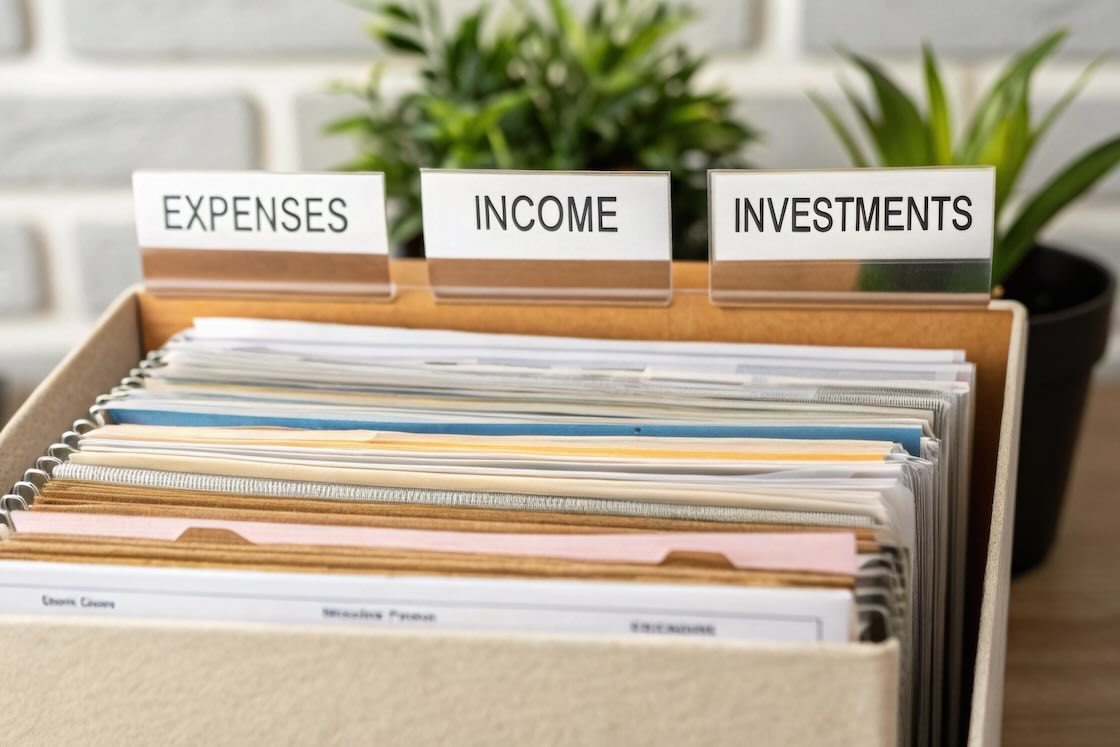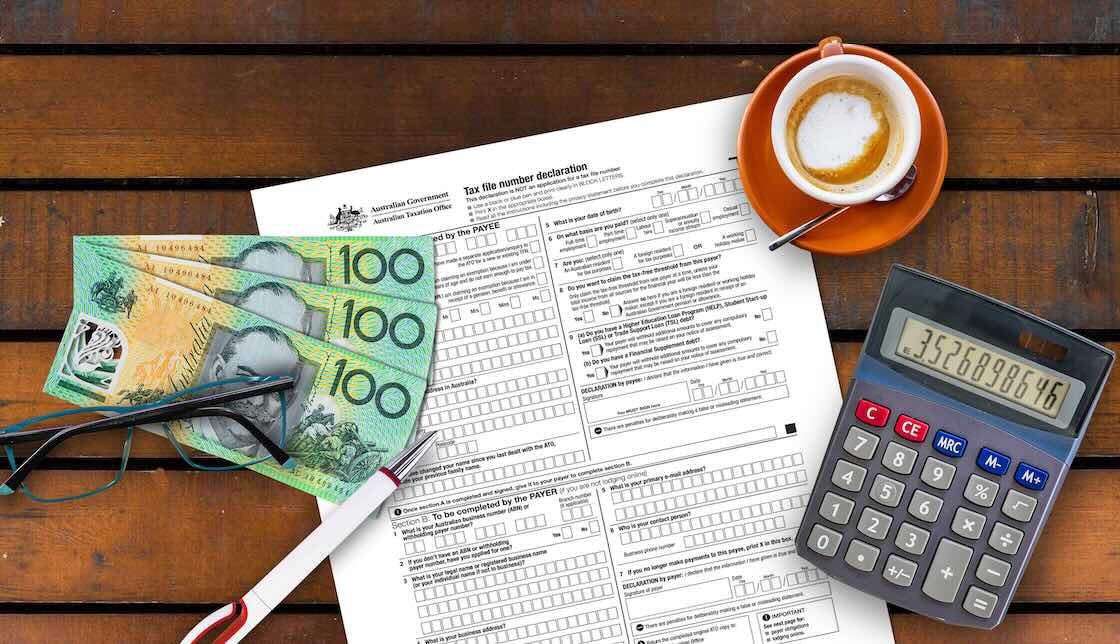Preparing your taxes doesn’t have to be overwhelming. With the right tax checklist for 2025, you can ensure a smooth and efficient tax season.
Knowing exactly what to collect for your tax return—such as income statements, receipts for work-related expenses, and records for investments—helps you stay organised and maximise your refund.
This guide breaks down all the documents you’ll need, making the process stress-free and straightforward.
Quick Summary
- Gather all income records, including employment, investment, and rental income.
- Collect receipts for work-related, investment, and personal deductible expenses.
- Maintain accurate records of capital assets for depreciation or capital gains tax.
- Store your records digitally for better organisation and security.
- Follow ATO guidelines to ensure compliance and avoid penalties.
Tax Checklist for 2025
Use this checklist to ensure you’ve gathered all necessary documents for your tax return:
Income Records
Expense Records
Capital Assets
Final Steps
What to Collect for Your Tax Return
1. Income Records You Need to Collect
Start with gathering proof of all income earned during the financial year. Here’s what to include:
Employment Income
- Income Statements or PAYG Summaries: Provided by employers through Single Touch Payroll (STP).
- Allowances and Bonuses: Documentation for car, travel, or other allowances.
Government Payments
- Centrelink Statements: For pensions, JobSeeker, or other government benefits.
Investment Income
- Interest Statements: From bank accounts or term deposits.
- Dividend Statements: Records from shares or managed funds.
- Distributions: From investment trusts or managed portfolios.
Rental Property Income
- Lease agreements and tenant payment summaries.
- Property management statements detailing fees and rental income.
Other Income Sources
- Business Income: For contractors or sole traders, include invoices and payment receipts.
- Foreign Income: Records of any overseas earnings.
2. Expense Records for Tax Deductions
Claiming deductions requires proper documentation. Collect the following based on your eligible expenses:
Work-Related Expenses
- Travel Costs: Receipts for work-related travel, including flights, accommodation, and meals.
- Vehicle Expenses: Logbooks for business mileage, fuel receipts, and maintenance costs.
- Uniforms and Laundry: Receipts for occupation-specific clothing and laundry costs.
- Office Expenses: Bills for home office utilities, internet, and phone usage.
- Professional Development: Receipts for training courses, seminars, and subscriptions.
Investment and Property Expenses
- Rental Property Costs: Invoices for repairs, maintenance, council rates, and insurance.
- Investment Management Fees: Documentation for financial advisor costs or bank charges.
Other Deductible Costs
- Income Protection Insurance: Policy and payment details.
- Charitable Donations: Receipts for donations over $2 to registered charities.
- Tax Agent Fees: Invoices for preparing and lodging previous tax returns.
3. Records for Assets and Depreciation
If you’ve acquired capital assets, you may need these records:
- Purchase Receipts: For vehicles, tools, or office equipment.
- Depreciation Schedules: Details of asset usage for work or investment purposes.
- Contracts of Sale: For property or shares.
How to Organise Your Documents
To streamline the process, follow these tips:
- Sort by Category: Use folders to separate income, expenses, and assets.
- Digitise Your Records: Scan receipts and invoices to avoid losing physical copies.
- Use Record-Keeping Tools: Apps like the ATO’s myDeductions make storing and accessing records easier.
- Check ATO Guidelines: Ensure all records meet compliance standards, such as showing the supplier, amount, and dateMy Tax Refund Today Rec….
How Long to Keep Your Records
The ATO requires you to retain records for at least five years from the date of lodging your return. For capital assets, you may need to keep records longer to account for future capital gains or losses.
Why Collecting the Right Documents Matters
The Australian Taxation Office (ATO) requires detailed records to substantiate your income and expense claims. Without the right documents, your deductions could be disallowed, or your return delayed. Proper preparation not only helps you avoid these issues but also ensures you claim every dollar you’re entitled to.
Expert Tip: Double-Check Before Lodging
Before submitting your return, review your records to ensure accuracy:
- Confirm income statements match your records.
- Verify all receipts align with your claims.
- Ensure you have bank account details ready for your refund.
Conclusion
Knowing what to collect for your tax return is essential for a smooth and stress-free tax season. By gathering all income, expense, and asset records in advance, you’ll avoid delays, maximise your refund, and stay compliant with ATO requirements.
Ready to get started? For expert help with your tax return, get in touch with our tax refund specialists to speak with a registered tax agent and receive a same-day refund!





